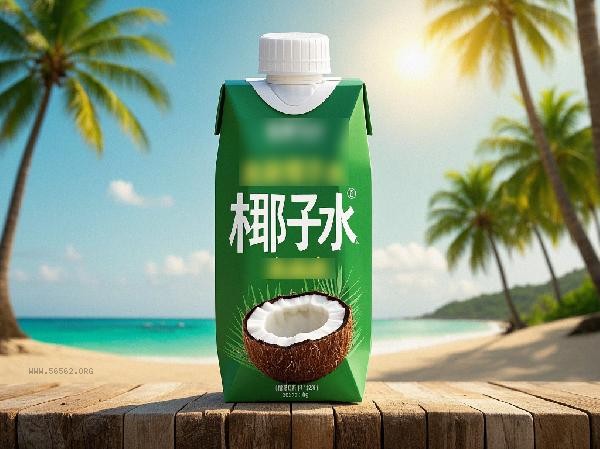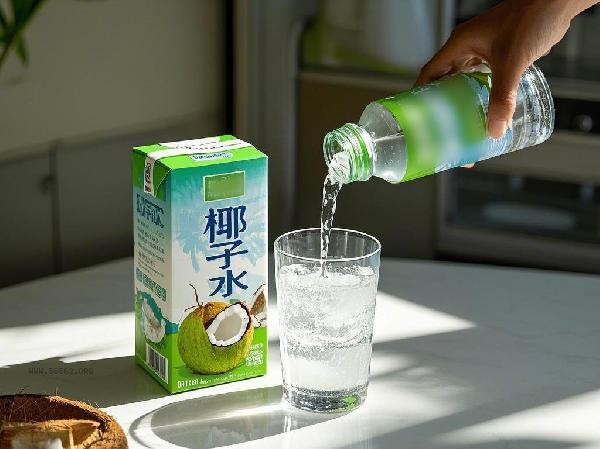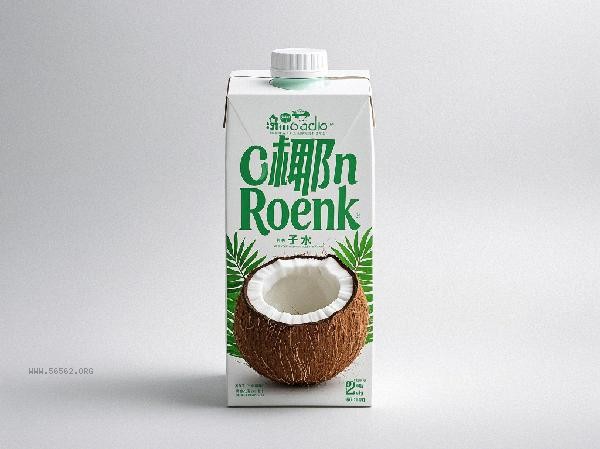Coconut water can be boiled and consumed, but high temperature heating may cause the loss of some nutrients. Fresh coconut water is rich in electrolytes such as potassium and magnesium, as well as vitamin C. Drinking it directly can better preserve the active ingredients. If heating is required due to a cold constitution or special needs, it is recommended to heat it up to around 40 degrees Celsius in separate water to avoid prolonged boiling and damaging water-soluble vitamins. The vitamins C and B in fresh coconut water are temperature sensitive, and prolonged high temperatures can cause them to decompose and become ineffective. Although minerals such as potassium and sodium are resistant to high temperatures, their taste changes from sweet to slightly astringent when boiled, and some antioxidant components are also reduced. There is a traditional Hainan folk remedy of stewing coconut water with chicken, but old coconut water is often used instead of tender coconut water because it has high sugar content and mineral concentration, resulting in a richer flavor when heated.

People with weaker gastrointestinal function may experience discomfort when drinking refrigerated coconut water. At this time, heat it separately to a temperature similar to body temperature. It should be noted that coconut water products with sterilized packaging on the market are often pasteurized, and repeated heating can cause a sour taste. Patients with diabetes should control their intake, and the sugar content of coconut water after heating and concentration will increase relatively. Coconut water can still replenish electrolytes after heating, making it suitable as a natural fluid supplement for people who experience dehydration or diarrhea after exercise. It is recommended to prioritize fresh coconut for daily consumption and consume it within two hours after opening the shell. If heating is required, a small amount of ginger slices can be added to adjust the coldness, but avoid cooking with high protein foods to prevent sedimentation. Special populations are advised to consult a nutritionist before drinking and adjust their drinking habits according to their physical condition.











Comments (0)
Leave a Comment
No comments yet
Be the first to share your thoughts!